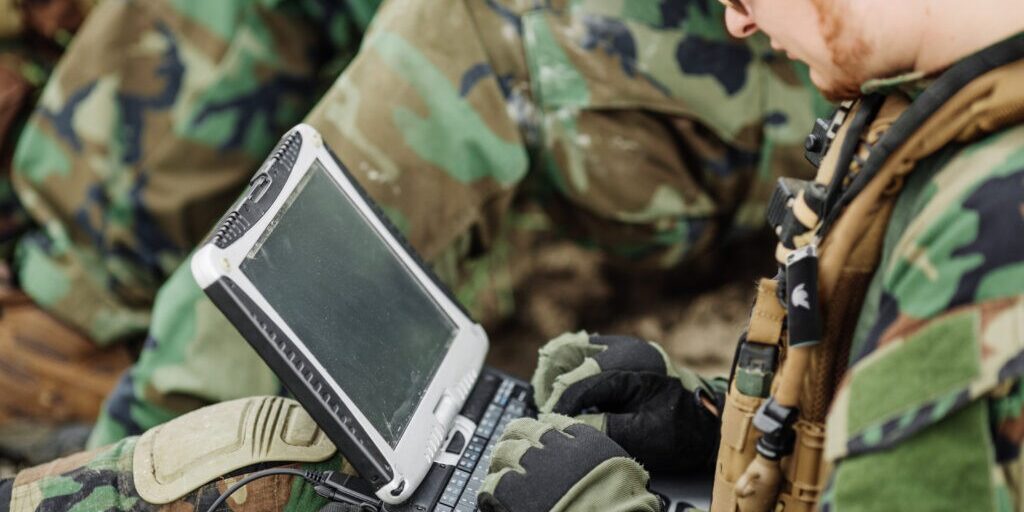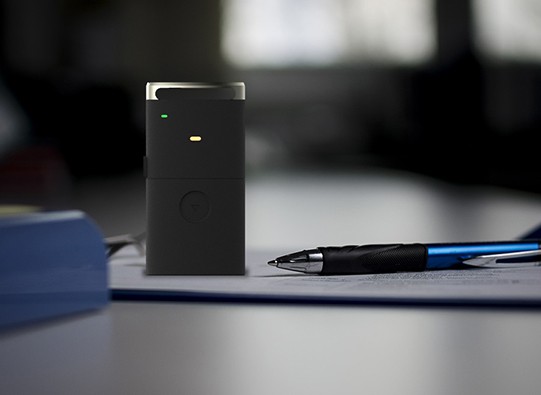
The Evolution of Passwords in Military History: Secrecy and Strategy
Passwords have been an integral part of human civilization for centuries, serving as the guardians of secrets, assets, and critical information. Perhaps nowhere has the use of passwords been as crucial as in the military. A strong, secure password can be the difference between a successful operation and catastrophic failure. This article explores the history of passwords in military contexts, underlining their significance and elaborating on how the military’s use of passwords has evolved over time.
The Ancient Era: Spies and Scouts
The evolution of passwords likely started much earlier than records indicate. Long before the concept of cryptography and advanced security measures, ancient militaries utilized passwords as part of their espionage and scouting missions. Spies sent into enemy territories would often carry passwords that granted them access to their own lines upon return. In many cases, these were simple phrases or objects that could be easily remembered but difficult to guess, designed to confirm an individual’s identity. Caesar even used a cipher, alongside passwords.
The Medieval Times: Castles and Passwords
With the advent of fortified castles and walls, the role of passwords became even more important. Watchmen would challenge anyone approaching the castle with a request for the ‘password’ of the day. Without it, the visitor could not pass, whether they were friend or foe. This made the fortifications significantly more secure and allowed guards to be more certain of whom they were letting in.
The World Wars: Operational Codes
During World Wars I and II, the use of passwords took a quantum leap in terms of complexity and significance. Not only were passwords crucial for identifying troops and securing lines of communication, but they were also essential for protecting sensitive information. The use of code phrases during covert operations and encrypted passwords for radio communications became prevalent. One of the most famous examples is the code word “Overlord,” used for the D-Day invasion.
Modern Warfare: The Digital Age
In today’s digital age, passwords in the military are more complex than ever. With the widespread use of digital communication and sophisticated surveillance technologies, modern military forces have adopted robust password policies that require multi-layered authentication. Biometrics, smart cards, and cryptographic keys are now frequently used alongside traditional passwords for maximum security.
The Intersection with Cybersecurity
As cyber warfare becomes increasingly relevant, the military’s use of passwords extends to safeguarding sensitive data against cyber attacks. Military databases, communication networks, and even weaponry systems are encrypted and protected by intricate passwords, making unauthorized access incredibly challenging for potential intruders.
The Evolution of Passwords to Today
The military’s use of passwords has come a long way from simple phrases uttered to gatekeepers. Today, they form a complex, multi-layered system designed to thwart any unauthorized attempts to access vital information or compromise missions. In the era of cyber warfare, passwords will be crucial in maintaining a military operation’s security and effectiveness.
The study of the evolution of passwords in military history is not just a fascinating exploration of how technology and tactics have evolved. It also serves as a stark reminder of the enduring importance of secure passwords. This is a principle that remains as vital in today’s digital landscape as it was on the ancient battlefields.
See GateKeeper Enterprise advanced MFA in action.
Take a self-guided tour of how you can evolve from passwords. Then you're really saving time with automation.




